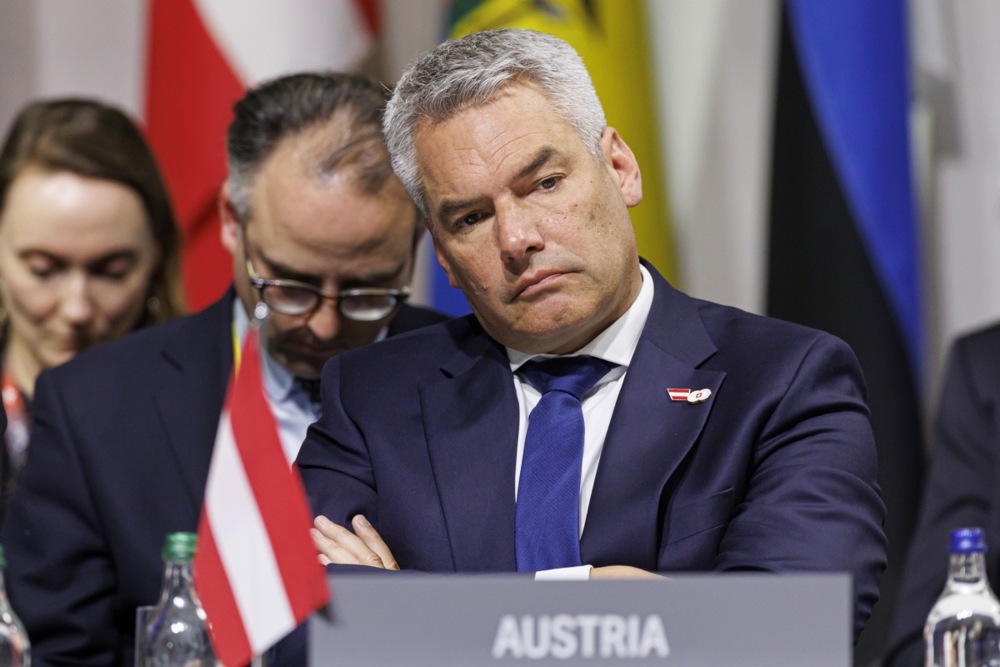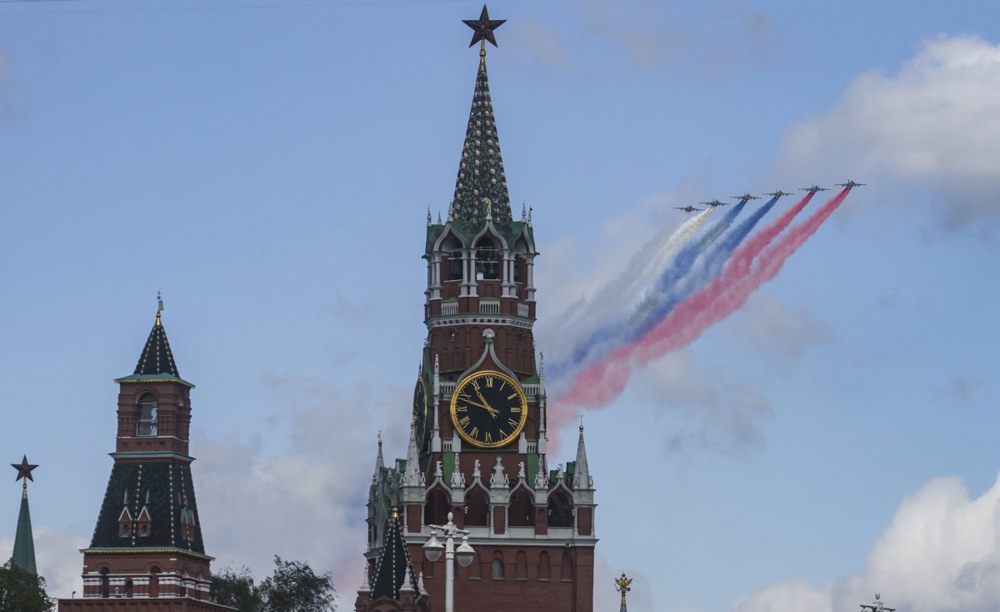Former Austrian Chancellor Sebastian Kurz warned establishment parties against the tendency to dismissively judge anyone who does not agree with them.
In an interview with the Swiss newspaper SonntagsBlick published on June 23, Kurz was asked about the gains from the hard-right in France and Germany, and noted that diversity of opinion is a constitutional part of democracy.
“In this regard, one should simply acknowledge that a growing group within Europe holds different views on key issues such as migration, economic and regional development policy, climate and energy policy, as well as on the question of how much unification the EU needs,” he said.
Regarding a possible French presidency of the National Rally’s de facto leader Marine Le Pen following upcoming national elections, Kurz said that “instead of discussing Ms Le Pen, it would make much more sense not to drive voters into the arms of the right-wing parties, but to offer alternatives”.
Kurz added that he felt “more and more people in Europe have the feeling that they are no longer allowed to express their opinions freely because otherwise they will immediately be pushed into a right-wing radical corner.
“Anyone who rejects energy and climate policy is labelled a ‘climate denier’. Anyone who questions the sanctions against Russia is a ‘friend of Russia’. I believe that this kind of culture of debate is the real problem of our Liberal democracy in Europe.
“We should cultivate the discourse with a little less excitement and not constantly swing the moral club. I believe that this will make the established parties more attractive again,” he said.
According to the former Chancellor, violent attacks by migrants played a big role in the debate.
“The core task of States is to protect the borders, to decide who is allowed to live in the country and who is not. These are fundamental tasks of functioning states. Many governments no longer fulfil this task,” he claimed.
“One simply accepts that countless people make their way to Europe illegally. However, it is highly problematic when a large number of people immigrate directly into the social system. This puts a strain on systems and leads to more crime, which in turn causes tensions in society.
“This is a dangerous development.”
A migrant who is suspected of fatally stabbing a police officer in his neck in a brutal attack has been living illegally in Germany for nine years, media in the country reports. https://t.co/RmPiEqV0bb
— Brussels Signal (@brusselssignal) June 3, 2024
Kurz said a European Union without internal borders could only operate effectively in the long term if there was functioning external border protection.
Speaking about the European elections over June 6-9, Kurz said he saw it as a positive that the centre-right made gains and that it was not just the hard-right that benefited.
Still, he stressed that those gains were not as big as anticipated in the media.
“There can be no talk of a ‘revolution’ towards the Right. The most substantial change is the loss for the Greens, who have lost a quarter of their seats,” he said.
Kurz added he believed losses for the Greens were self-inflicted.
“Despite all the justification for environmental concerns, ‘green’ politics is increasingly making an absolutist claim. More and more citizens seem to have had enough of this.”





